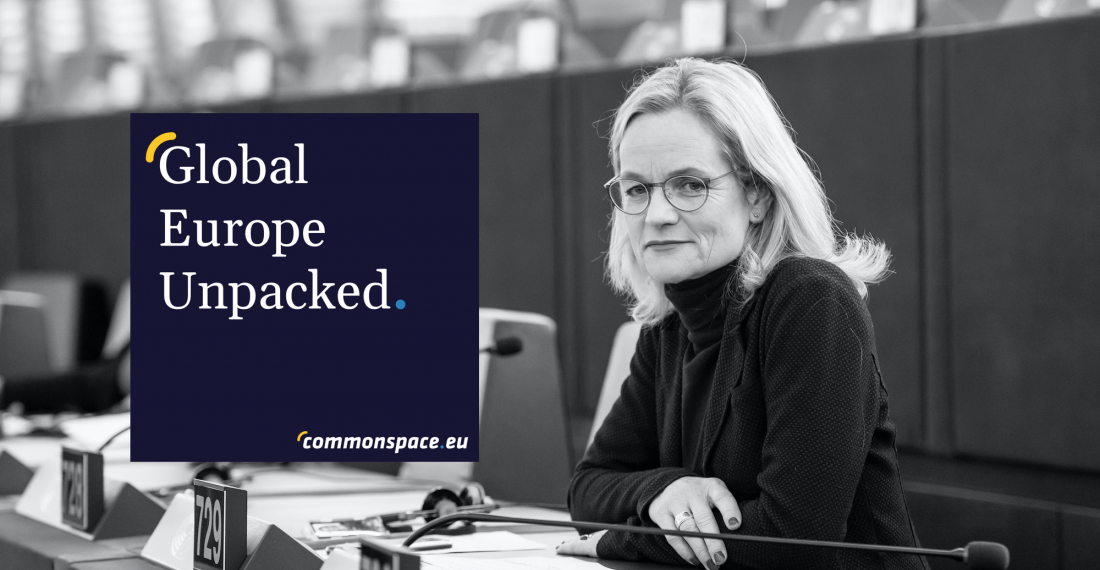“The EU effort to really promote prosperity and democracy in the region gave us the Eastern Partnership we see today.”
[The podcast is also available on all of the usual channels, including Apple Podcasts, Spotify and Google Podcasts]
In 2009, acknowledging the differences between the states in its eastern and southern neighbourhoods, the European Union sought to upgrade its neighbourhood policy to the east by ‘accelerating political association and deepening economic integration’ with six post-Soviet partners – Armenia, Azerbaijan, Belarus, Georgia, Moldova and Ukraine.
The ‘Eastern Partnership’ initiative was intended to provide an institutionalised forum for discussion on visa agreements, free-trade deals, and strategic partnership arrangements. Whilst EU expansion was and remains a controversial topic, this was a way to integrate and prepare the partnership countries for the potential of full membership without committing to it.
The initiative looks to strengthen and develop five key areas – governance, economy, connectivity, societal bonds, and the involvement of broader society. The concept is that the demonstrated commitment by each partner to tangible goals would be reflected by the level of integration and co-operation offered to it by the EU.
In the last 12 years, three of the six countries – Moldova, Ukraine and Georgia – have signed Association Agreements with the EU and declared their desire to seek full membership. On the other hand, EU relations with Belarus are currently strained, following a crackdown on political dissent. So how can the EU best handle its relationship with six partners that show varied levels of commitment to its stated values, without alienating or frustrating any single one?
In this episode of Global Europe Unpacked, I speak to Viola von Cramon-Taubadel, a German Member of the European Parliament for the Greens, about:
- whether 12-years on, the EaP has been a success;
- how the EU can handle Russia, a long-time critic of the EaP;
- how the EU should interact with Eastern partners like Belarus, whose government acts against the EU’s stated values;
- her perspectives on the current situations in Ukraine and Georgia;
- whether the EaP is fit for purpose in its current form considering the imbalance in commitment shown by different members; and
- what she believes the EU’s priorities for the EaP should be going forwards.
It was also broadcast on Radio GIPA FM 94.3 in Tbilisi, Georgia, on Thursday 4 February at 16:00 local time (13:00CET).






